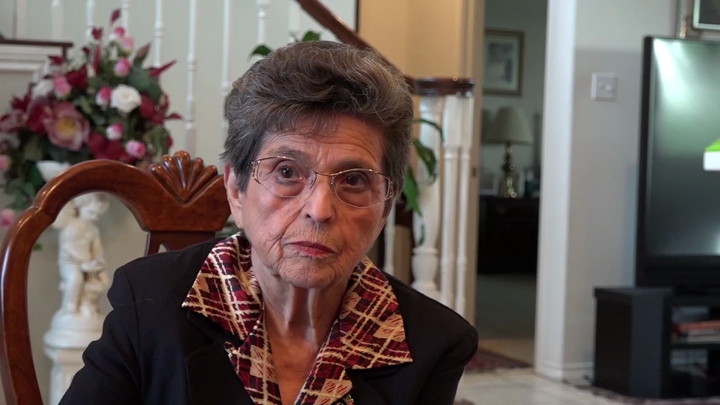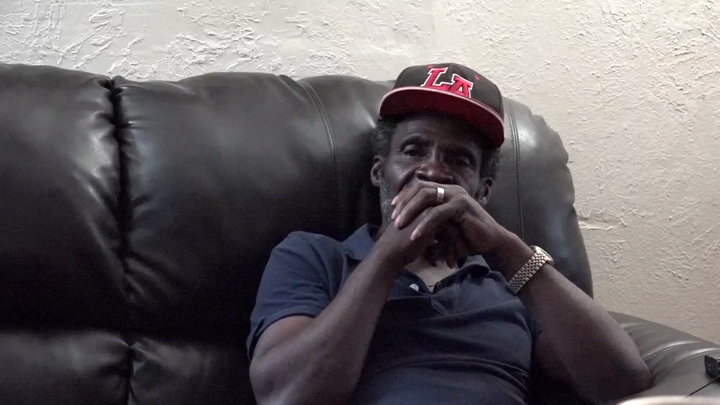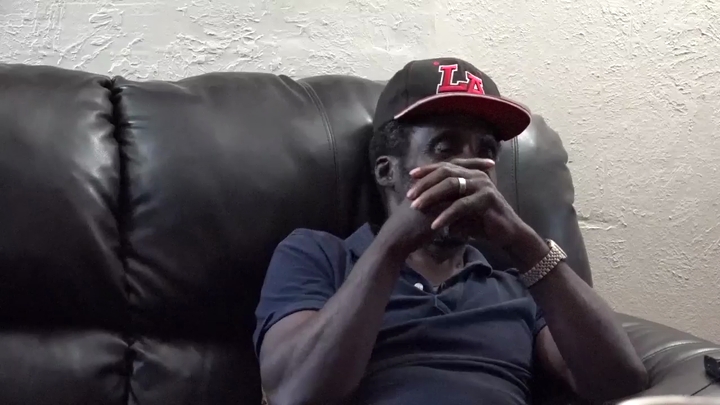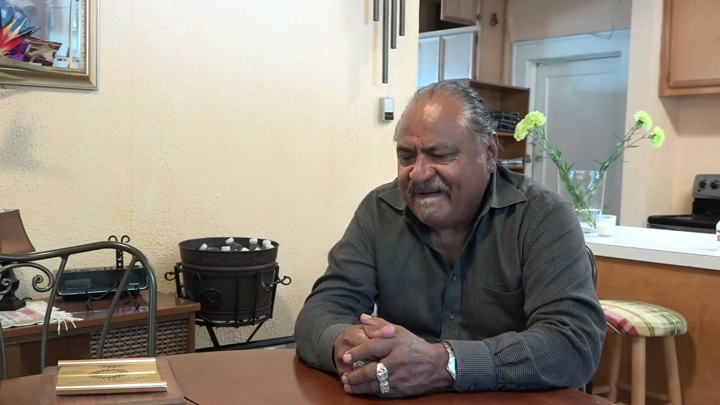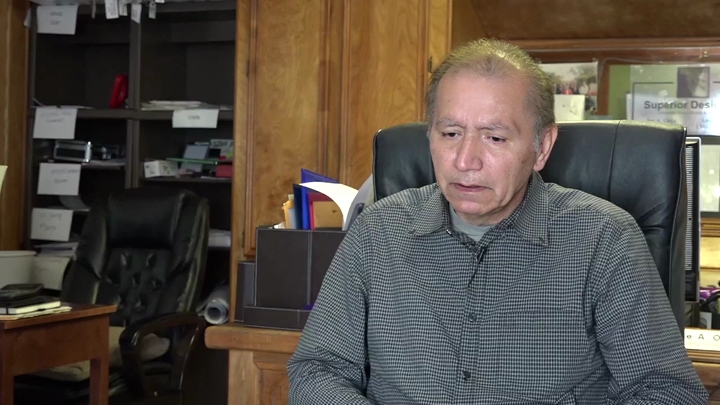Crear / Rainbow Coalition
sign up or sign in to add/edit transcript
Interviewer: There was a rainbow coalition here in Houston. Can you speak a little about that? Crear: Yeah. Well, Gloria was part of her organization the Brown Berets, Worker’s World and same thing in Chicago. Fred Hampton, he started a rainbow coalition up there which was the Young Lords which was the Puerto Rican organization which followed the example of the Black Panther Party. Then, you had the Young Patriots, they called them Hillbillies. They came together. That’s one of the things that frightened the establishment even more because—and that’s another misconception most people have of the Black Panther Party, that we were a black organization. We weren’t a racist organization because we said all power to the people. We were about—we said we had to organize our community first, but we can have coalitions with other—and we were criticized by a lot of the Pan-Africanists, cultural nationalists, you’re associating with these white folks and this kind of thing, but you got to have a worldview. Plus, we supported a lot of revolutionary struggles around the world. Angola, Mozambique in Africa. People from there right now, they still have respect for the party because we stood up for them. Like last year, I got invited to the (inaudible) community. They have a celebration every year marking their liberation and they said that their campaign was based on the Black Panther Party. (phone rings and the interview is interrupted momentarily) Crear: Like Hughie P. Newton—the party was international. We going to have the fiftieth this year, I mean, you’re going to have people come from Indonesia. You had the Indonesian Panther Party. It was all over the world. Hughie P. Newton went to China before Nixon went to China. Not only did he go, he met with the Central Committee, (inaudible) and the whole Central Committee of the Chinese Communist Party. Bobby Seale was in Switzerland or they went in Denmark, you know, speaking before Parliaments. They went to Palestine to show support for the Palestinian people. Our whole thing was we were internationalists or what Hughie came up with, he says intercommunal. Here in 1970, Hughie P. Newton was talking about what was going on today. He said the world—he called it intercommunalism because he said the whole world is going to be connected. That you going to be able to hear about what’s going on here or there. This is in 1972, 1973. That you going to be able to see what’s going on, that the whole world was going to be connected. He called it intercommunalism. It’s going to be one community. That was our vision. We want, like I said, the black community in particular, but all oppressed people in general. That’s who we were struggling for. I mean, Cesar Chavez and the farm workers movement. I remember meeting Cesar Chavez. We went out to one of the farms they were—I mean, we united with whoever had a cause, then we were going to be with you. Interviewer: How did the rainbow coalition exist in Houston? Was the Mexican American Youth Organization a part of that as well? Crear: Well, I remember, like I said, the Brown Berets and Worker’s World was with Gloria and Barty—what was Barty Hale’s group called James? (off-camera): The group? Crear: Yeah. Barty Hale (off-camera): The organization? Crear: Yeah. (off-camera): John Brown Revolutionaries. Crear: Yeah. John Brown Revolutionaries. That’s basically the three I remember that we had a working relationship with, you know. Of course, people that—you know, you had the coalitions that were against the Vietnam War that were going on. I remember we had a big Mayday parade and they wanted us to march in the front and we did to show solidarity. That’s the main three I remember being a part of. Interviewer: What activities did y’all do together? Crear: Mainly protests. Anytime they had some issues going on, we would come support them or if we had some going on, they’d come support us, but as far as working together on a daily basis, it wasn’t like that. It was just a coalition of—like I said, we dealt with our community. We also—we’ll help—we don’t need you coming—we take care of ours, you take care of yours. We can come together on different issues.
| Interview | Interview with John Crear |
| Subjects | Community Organizations |
| Community Organizations › Civil Rights Organizations | |
| Community Organizations › Civil Rights Organizations › International and Third World Civil Rights Organizations | |
| Historic Periods › 1970s [Exact Date Unknown] | |
| Military › Vietnam War | |
| Black Power › Black Panthers | |
| Chicano Power › Brown Berets | |
| People › Chavez, Cesar | |
| People › Newton, Huey P. | |
| Military › Vietnam War › Anti-war Movement | |
| Tags | Young Lords |
| Young Patriots | |
| sign up or sign in to add/edit tags | |
| Interview date | 2016-06-06 |
| Interview source | CRBB Summer 2016 |
| Interviewees | Crear, John |
| Interviewers | Enriquez, Sandra |
| Rodriguez, Samantha | |
| Locations | Houston, TX |
| Duration | 00:06:03 |
| Citation | "Rainbow Coalition," from John Crear oral history interview with Sandra Enriquez and Samantha Rodriguez, June 06, 2016, Civil Rights in Black and Brown Interview Database, https://crbb.tcu.edu/clips/3497/rainbow-coalition, accessed February 26, 2026 |


